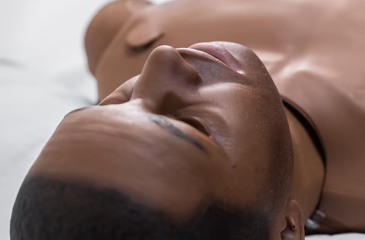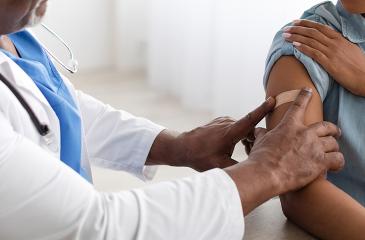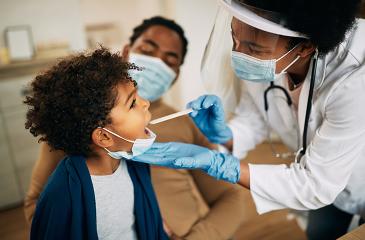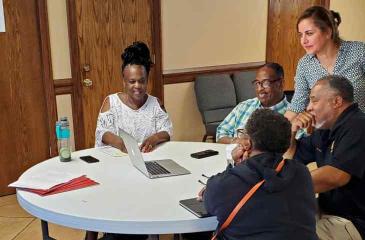News

M Simulation is Committed to Inclusive, Diverse Representation in Simulation-Based Learning
Patient simulators or full-body mannequins provide critical opportunities for learners.

Developing Tangible Collaborative Practice and Precepting Skills
The Center for Interprofessional Health’s Preceptor in Action WILD series is an innovative continuing education offering for preceptors.

In Partnership with Refugee, Immigrant, and Migrant Communities
A guiding principle of NRC-RIM is that solutions should be developed in genuine partnership with affected communities.

Promoting Community Health: CUHCC Hosts Annual Back-to-School Event for Families in South Minneapolis
CUHCC hosts a special back-to-school clinic event every year to bring together patients and their families.

Lou Clark Elected as President of the Association of Standardized Patient Educators
She has 15+ years of experience designing and delivering simulated educational experiences for health care trainees and other practitioners.

For the Health of All
Disruptions to Earth’s natural systems impact not only human health, but all life on Earth.

Three University-Community Grantee Teams to Address Local Health Equity
The Community Engagement to Advance Research and Community Health (CEARCH) office has named three new collaborative teams as recipients of the Community Partnership Grant.

Institute for Health Informatics Receives Seven Years of Accreditation
IHI's on-site evaluation took place in January 2022.

Preparing Learners for Ethical Care
As health care professionals, we face complex ethical problems in our work.

Radical Listening to Reduce Stroke Disparities
Black Americans are twice as likely to experience a stroke and face worse outcomes compared to their white peers. But a new project is working to change that.